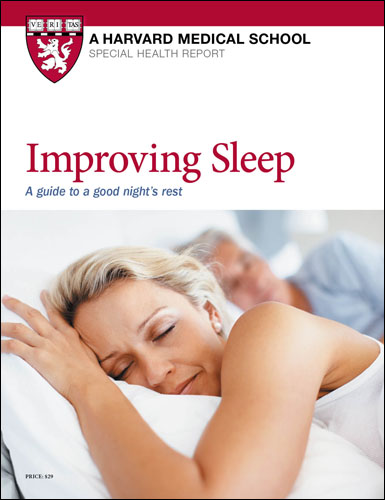Take melatonin supplements for sleep? Check your dosage
In the journals
Melatonin supplement use to improve sleep has jumped 425% in the past two decades, with the number of people taking large amounts (more than 5 milligrams per day) at an all-time high, according to a study published Feb. 1, 2022, in JAMA.
These findings highlight potential safety concerns. Like other supplements, melatonin products are not subject to the same regulations and quality standards as prescription drugs. The authors pointed out that the actual amount of melatonin in a given pill can be significantly higher than what the label shows. This can cause people to take too much, especially since many use melatonin regularly.
While melatonin is generally considered safe in low doses taken in the short term, high amounts for long periods can cause side effects, such as nausea, dizziness, headaches, and anxiety.
Melatonin, the so-called sleep hormone, keeps your circadian rhythm (your 24-hour internal clock) in sync. Evidence suggests melatonin supplements may help some people fall asleep faster, but it has minimal effect on sleeping throughout the night.
Image: MarLei/Getty Images
About the Author

Matthew Solan, Executive Editor, Harvard Men's Health Watch
Disclaimer:
As a service to our readers, Harvard Health Publishing provides access to our library of archived content. Please note the date of last review or update on all articles.
No content on this site, regardless of date, should ever be used as a substitute for direct medical advice from your doctor or other qualified clinician.

















